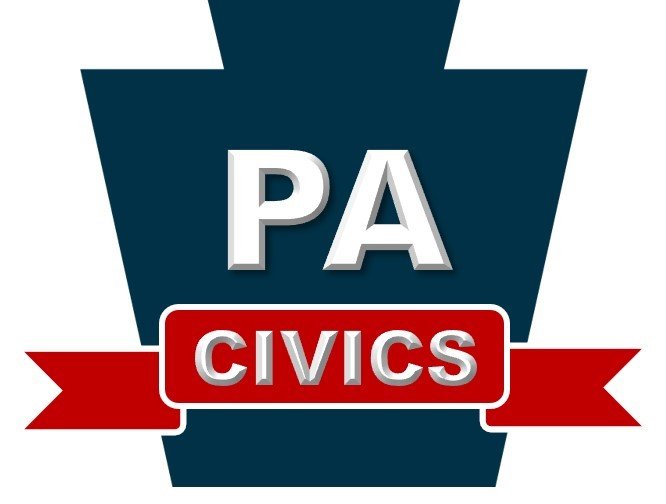Our Civic Landscape Pathway
This pathway is aligned to the “Our Changing Landscapes” theme on the EAD Roadmap.
This theme begins from the recognition that American civic experience is tied to a particular place, and explores the history of how the United States has come to develop the physical and geographical shape it has, the complex experiences of harm and benefit which that history has delivered to different portions of the American population, and the civics questions of how political communities form in the first place, become connected to specific places, and develop membership rules. The theme also takes up the question of our contemporary responsibility to the natural world.
Member Resources
-
The objectives of this lesson are twofold. Using Federalist No. 1, students will be able to:
1. Understand the arguments in defense of Civil Debate and Good Faith
2. Understand the importance of open Civil Debate in a Republic
Many teachers resist working with the Federalist Papers. However, there is great merit to reading these classic works of American political thought, and much that students can relate to. In addition to providing a powerful defense of civil discourse, Publius, perhaps unintentionally, shows how difficult it can be to live up to the lofty aspirations contained within. Students will also develop essential analytical skills by working with these documents and gaining these skills will give them confidence in tackling even tougher documents.
High School
-
This lesson is from the Interactive Constitution curriculum.
Introduction / Lesson Overview:
In the United States, freedom of speech is one of the most protected rights through the Constitution, and has been protected now more than ever by the Supreme Court. It is an essential part of Americans’ daily lives. Many Americans struggle with understanding the language and subsequent interpretation of the Constitution, especially when it comes to the rights listed in the First Amendment. While many Americans agree that speech should be protected and why, they often disagree over when, why, and how speech should be limited or restricted. This lesson encourages students to examine their own assumptions and to deepen their understanding of the currently accepted interpretation of free speech rights under the First Amendment.
Essential Questions:
• How does the First Amendment of the U.S. Constitution protect the freedom of speech?
• Why did the founding generation value free speech?
• What types of speech can be limited by the government?
• How has the Supreme Court’s approach to the protection of speech changed over time?
Objectives:
• Students will be able to state the importance of the First Amendment’s free speech clause to self-government.
• Students will be able to explain why the founding generation protected free speech.
• Students will be able identify conditions under which speech can be limited.
-
Committee of Seventy, PA Youth Vote
C70's very popular How Philly Works guides have been adapted into free classroom resources for Philadelphia teachers. The guide breaks down complex systems of Philadelphia's civic structure into easy-to-understand language that is crucial to empower residents to navigate the city’s systems to advocate for themselves and their communities effectively. Now, thanks to a partnership with PA Youth Vote, teachers can have six out-of-the-box lessons for use in the classroom.
To access the How Philly Works lessons, simply email HPWlessons@seventy.org. You'll get an autoresponse with the link to these free resources. They include lessons and supporting slides for the following sections:
Part I - A Brief History of Philadelphia
Part II - The Mayor and Administration
Part III - City Council
Part IV - City Budget Simulation
Part V - Other Elected Officials
Part VI - The School District of Philadelphia
-
Committee of Seventy
This three-day lesson plan on voting rights history provides a brief critical overview of the history of voting rights in the United States. Part of a larger Elections & Voting Curriculum, these lessons lay the groundwork for subsequent skill development on how to vote and be civically engaged by diving into the history of the civic question of who gets to vote.
Middle School and High School
-
National Liberty Museum
The National Liberty Museum (NLM) is proud to present this collection of educational resources to accompany the exhibitions produced as part of the Museum’s Year of Free Speech. This Educator Resource Guide has been designed for use in the classroom independent of or in conjunction with a visit to NLM. These educational materials, cultivated by the Museum’s Learning & Engagement team, will help your students explore the complex topic of free speech and discover how this First Amendment right is relevant in their own lives. While developed primarily for middle and early high school audiences, the lessons and activities presented here can be adapted and applied across grade levels.
Other Helpful Resources
-
Educating for American Democracy
The EAD Roadmap is accompanied by a curated resource library put together by EAD Content Curation Task Force. These lessons and resources align to the “Our Civic Landscape” pathway.
K-12
